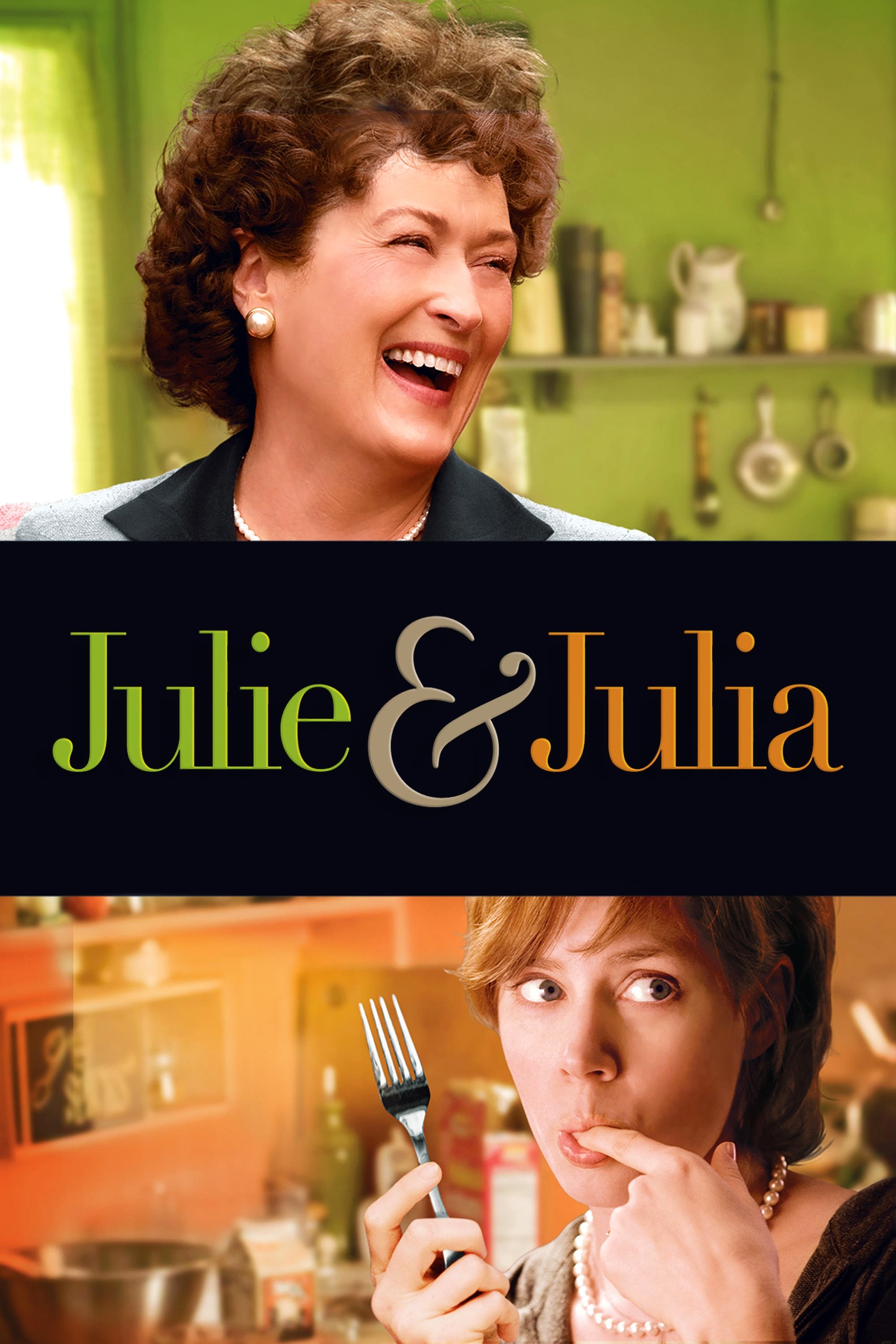Julia Roberts Naked: Exploring Unexpected Insights And Fascinating Julias
It's quite something, isn't it, how a simple search phrase can sometimes lead you down the most interesting, perhaps even surprising, paths? When you look up "Julia Roberts naked," you might be curious about celebrity gossip or personal details, but the internet, you know, has a funny way of delivering more than what you initially expect. Sometimes, what you find is a bit different from what you thought you were after, revealing something totally new and engaging.
You see, the phrase itself, it's pretty evocative, isn't it? It suggests a kind of raw, unfiltered look, maybe a peek behind the curtain of something very well-known. But what if that 'naked' feeling, that sense of stripping away the layers, actually applies to something completely different? What if it's about uncovering the pure, unadorned truth of a topic that’s just as compelling, but in a totally different way?
So, instead of focusing on what you might first imagine, let's actually take a moment to consider what else "Julia" can bring to mind, and how a search like this can, in a way, open up a world of unexpected knowledge. It’s a bit like finding a hidden gem when you’re just casually digging around, you know? There are, as a matter of fact, some rather interesting "Julias" out there, waiting to be explored.
Table of Contents
- The Surprising Truth Behind the Search
- Discovering the Julia Programming Language
- The Beloved Julia TV Series
- Beyond the Obvious: The Value of Curious Exploration
- Frequently Asked Questions About Julia
- A Final Thought on Julia
The Surprising Truth Behind the Search
What People Are Really Looking For
When someone types "Julia Roberts naked" into a search bar, it’s fair to say they're probably looking for something quite specific, often related to celebrity images or private life details. This kind of search, you know, it often comes from a place of simple curiosity about public figures, or perhaps even a desire for something a bit sensational. It’s a common thing, really, for people to be interested in the lives of famous individuals, and the internet, well, it’s the first place many folks turn to.
However, what if the true "naked" aspect here isn't about a person at all, but about getting to the bare facts of something else entirely? It’s a pretty interesting twist, don't you think? Sometimes, what appears on the surface to be one thing, can actually be a doorway to discovering something completely different, and arguably, much more valuable in terms of knowledge. That's actually what we're going to talk about here.
A World of Other "Julias"
It turns out, there are some really remarkable "Julias" that exist, and they have nothing at all to do with Hollywood stars. These other Julias offer insights into cutting-edge technology and beloved cultural stories. It’s a bit like discovering a whole new set of possibilities when you thought you knew the whole story, you know? These "Julias" are making significant impacts in their own fields, and they’re definitely worth a closer look, especially if you enjoy learning new things.
Discovering the Julia Programming Language
One of the most exciting "Julias" to come into prominence recently is the Julia programming language. This isn't just another coding tool; it's a dynamic, open-source language that’s really shaking things up in the world of scientific computing and data analysis. It’s designed for high performance, which is pretty neat, and it’s becoming quite popular among researchers and developers alike, actually.
Why Julia is a Developer's Delight
Julia offers a rather appealing combination of speed and ease of use. It feels a lot like a scripting language, which makes it quite approachable for those who are used to working quickly with code. Yet, at the same time, it delivers performance that you'd typically associate with much more complex, compiled languages. This blend of features is, you know, a big reason why many developers are finding it so attractive for their projects.
The fact that Julia is dynamically typed also contributes to its flexible and user-friendly feel. This means you can write code more fluidly, without constantly declaring variable types, which can sometimes slow down the development process in other languages. It’s just a little bit more intuitive for rapid prototyping and exploration, you know?
Julia's Power Under the Hood
So, how does Julia manage to be both fast and easy to use? Well, a lot of its efficiency comes from its sophisticated design. Julia programs automatically compile to efficient native code, and this happens via LLVM. This process is quite clever, allowing the language to run incredibly fast, almost like C or Fortran, but with the flexibility of Python or R. It's a pretty powerful setup, honestly.
This capability to compile to native code means that computations can be performed very quickly, which is absolutely crucial for tasks involving large datasets or complex mathematical models. It supports multiple platforms too, which is very convenient for developers working in diverse environments. That's a pretty big plus for anyone who uses different operating systems.
Where Julia Shines Brightest
Julia is particularly well-suited for numerical and scientific computing, making it a strong contender in fields like machine learning, data science, and scientific simulations. Its design, you see, is specifically optimized for these kinds of tasks. Similar to the R programming language, Julia is used for statistical computing and graphics, but it often provides a significant speed advantage, which is pretty compelling for big projects.
Many researchers and data scientists are turning to Julia because it allows them to write high-performance code without having to switch between different languages for different parts of their workflow. This streamlined approach can really speed up research and development, which is pretty important in today's fast-paced world. It’s a rather versatile tool, honestly, for anyone dealing with numbers.
Getting Started with Julia
If you're curious to learn more about this impressive language, there are plenty of resources available. The official website for the Julia language, julialang.org, is an excellent starting point. You can find comprehensive tutorials there, covering everything from the basics of functions and data types to more advanced topics. It’s a very welcoming community, too.
There's also an expanding series of short tutorials that begin at a beginner level and gradually progress to deal with more advanced subjects. You can learn more about Julia's features on our site, which is pretty handy. And if you're interested in the nuts and bolts, the GitHub repository of Julia's source code is publicly available, offering a transparent look at its development. It's truly open source, you know.
The Beloved Julia TV Series
Another fascinating "Julia" that has captured many hearts is the American comedy-drama television series simply titled "Julia." This show, you know, premiered on HBO Max on March 31, 2022, and it quickly became a favorite for many viewers. It’s a delightful series that offers a rather charming look into a specific period of history.
A Glimpse into Julia Child's World
The series is actually based on the vibrant life of Julia Child, particularly during the 1960s in Cambridge. It explores her groundbreaking journey as she brings her unique culinary expertise and personality to television, changing the way America thought about cooking. It’s a really engaging story, full of humor and heart, that portrays a truly iconic figure. The show captures the essence of her spirit quite well, you know.
It portrays the challenges and triumphs she faced as she navigated a world that wasn't quite ready for a woman like her on screen. The show, you see, is a wonderful tribute to her enduring legacy and her influence on American culture. It’s a rather well-made piece of television, honestly, that brings history to life in a very accessible way.
What Makes the Show Special
What really makes the "Julia" series stand out is its warm, conversational tone and its genuine portrayal of its characters. It’s not just about cooking; it’s about ambition, partnership, and breaking barriers. The performances are absolutely lovely, capturing the spirit of Julia Child and the people around her with great care. It’s a show that leaves you feeling pretty good, you know?
The writing is sharp, and the period details are meticulously crafted, transporting viewers back to the 1960s with a delightful sense of authenticity. It's a show that, you know, has resonated with a wide audience because it tells a story of passion and perseverance that's truly inspiring. It’s a very enjoyable watch for anyone who appreciates a good biographical drama.
The Real-Life Inspiration
The series draws its inspiration from the actual life of Julia Child, an American cooking teacher, author, and television personality. Her famous book, "Mastering the Art of French Cooking," and her subsequent television shows, like "The French Chef," truly revolutionized American cuisine. She made French cooking accessible to the average American home cook, which was a pretty big deal at the time.
Her enthusiasm and straightforward approach, honestly, made her a beloved figure across the country. The show captures her pioneering spirit and her determination to share her love of food with everyone. It’s a wonderful way to learn about a truly influential person, and you can find more information about this page here if you're interested in the real story.
Beyond the Obvious: The Value of Curious Exploration
How Searches Can Lead to New Discoveries
It’s a funny thing, isn't it, how a search term, even one that seems very specific, can actually lead you to completely unexpected and enriching discoveries? What might start as a casual query can sometimes open doors to new interests, whether it's a powerful programming language or a heartwarming television series. It’s a pretty neat aspect of how information works online, you know?
This experience really shows that the internet is a vast place, full of diverse information, and sometimes the most interesting things are just a click away from what you initially thought you were looking for. It’s a good reminder to keep an open mind when you're exploring, as you never quite know what you might stumble upon. That’s actually a pretty valuable lesson for anyone online.
Embracing the Unexpected
So, the next time you find yourself typing a phrase into a search engine, consider the possibility that there might be more to it than meets the eye. Embracing the unexpected, and allowing yourself to follow where the information leads, can be a truly rewarding experience. It’s a bit like going on a mini-adventure, you know, right from your keyboard.
Learning about new technologies, like the Julia language, or delving into compelling stories, like that of Julia Child, can really broaden your horizons. These kinds of discoveries add richness to our understanding of the world, and they’re often just waiting for us to find them, sometimes through the most surprising search queries. It’s a rather wonderful aspect of the digital age, honestly.
Frequently Asked Questions About Julia
Here are some common questions people often have about the topics we've explored:
What is the Julia programming language primarily used for?
Julia is primarily used for high-performance numerical and scientific computing, including data science, machine learning, and statistical analysis. It's also gaining traction in areas like scientific simulations and general-purpose programming, you know, because of its speed and ease of use.
Is the "Julia" TV series based on a true story?
Yes, the "Julia" television series is based on the actual life of Julia Child, the renowned American cooking teacher and television personality. It focuses on her experiences during the 1960s, particularly her journey into television. It’s a pretty accurate portrayal, honestly, of her early career.
Where can I find resources to learn Julia programming?
You can find comprehensive tutorials and documentation on the official Julia language website, julialang.org. There are also many community-contributed resources, including online courses and books, that are pretty helpful for getting started. The GitHub repository also offers a lot of insights, you know, for those who like to see the code.
A Final Thought on Julia
It’s quite fascinating, isn't it, how a simple search can open up so many different avenues of discovery? We started with a phrase that often brings to mind one thing, but we’ve actually explored two completely different, yet equally compelling, "Julias." From the lightning-fast Julia programming language, designed for serious number-crunching, to the charming HBO Max series that brings Julia Child's pioneering spirit to life, there's a lot to appreciate.
These unexpected insights show us that curiosity, even when sparked by a seemingly ordinary search, can lead to truly valuable knowledge. So, whether you're looking to code your next big project or simply enjoy a well-told story, there's a "Julia" out there waiting for you to explore. It's a pretty neat way to learn new things, you know, just by keeping an open mind.

【EV扑克】出道13周年!Julia接下来的想法是? - EV扑克博客

Julia Butters - 50th Anniversary Of The Saturn Awards in Burbank 10/25

Julie & Julia (2009) - Posters — The Movie Database (TMDB)